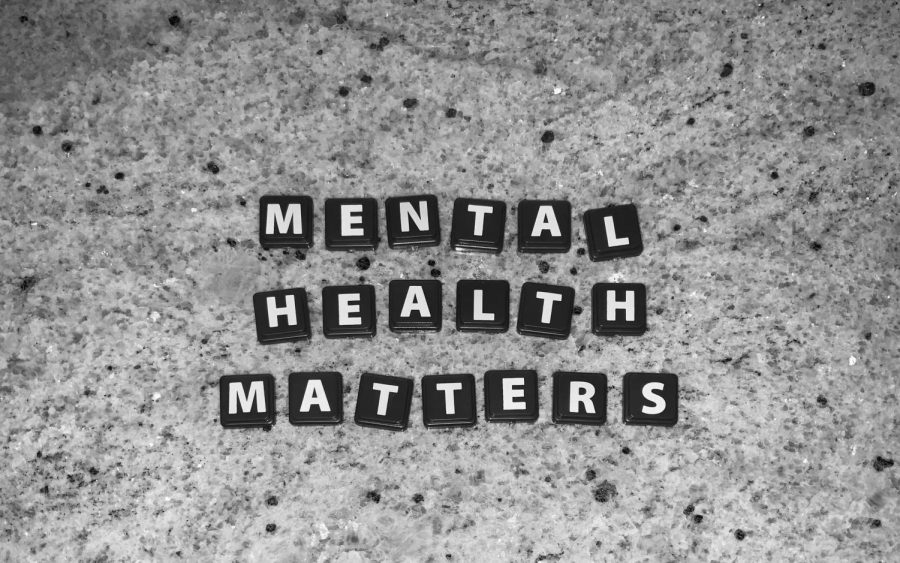Maintaining Mental Health
April 8, 2023
With Commack School District’s recent partnership with Northwell Health, now is the opportune time to address the importance of mental health.
“When someone starts struggling with their mental health I think it’s important for them to understand why it might be happening [which] is very common,” said health teacher Denise Garcia.
There are many mediums that allow students to seek the help they need.
“[Students] can be connected to a lot of resources in the school whether it be our guidance staff, our social workers, our school psychologists and we now have outside mental health facilities that will be servicing our school along with other school districts through Northwell,” said Garcia.
These resources facilitate positive mental health strategies in a variety of ways.
“Some people might think of mindfulness, or doing deep breathing, meditation [which are] common coping strategies,” said social worker Emily Dugan.
Coping strategies may include easily executed tactics.
“Knowing who your safe people are to talk to when you’re feeling upset about something or having a plan to get through [a moment] of anxiety,” said Dugan.
Several strategies used to improve mental health require little resources.
“Listening to music […] as well as journaling, taking the thoughts you have and putting them on paper [is] another coping strategy,” said social worker intern Rachel Hall.
Several tactics utilized to maintain mental health require little time and effort to be impactful.
“If we can focus on creating more present moment experiences, meditation is one way to strengthen that [and] the research suggests that you don’t need more than ten minutes in a day and even if you do that a few times a week it would be very beneficial,” said Garcia.
Simple coping strategies are utilized to train the brain to make itself healthier.
“Do something as simple as listing what you’re grateful for kind of trains your brain to scan your brain for the positives rather than the negatives because our brain naturally scans for negatives to protect […] so if we can counteract that negativity bias and look for […] three positive things that we’re grateful for each day it could be beneficial,” said Garcia.
In addition to using simple coping strategies, outside resources offered to students can be utilized to improve mental health.
“There are all these agencies across Long Island specific to helping kids [in] certain situations so we build relationships with those communities and help our kids […] have access to them [with] Northwell being one of those linkages where we can provide more support to our students outside the school building,” said Dugan.
It is critical for students to have access to the tools needed to be mentally fit during their adolescent years.
“Our brain continues to grow until we’re 25 years old so anything we do under the age of 25 has a really strong impact on our health overall, so if we’re doing really positive things under the age of 25 it gets more deep-rooted into your brain chemistry and it creates better habits for the future, so you’re more likely to act upon those habitats as you continue on your journey through life,” said Garcia.🔳




